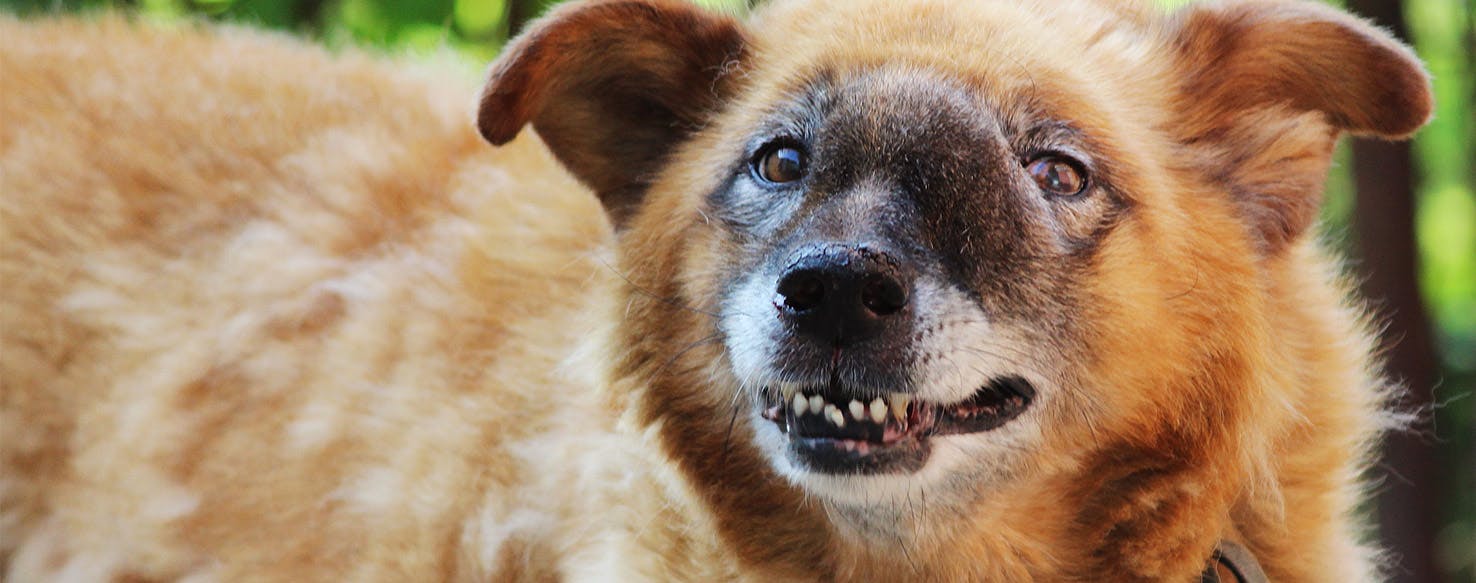People can grow lumps and bumps of all sizes! News of a tumor may be frightening, but not all growths come from cancer. Tumors can grow on nearly all tissue in the body and can vary in size, shape, and hardness. Any lesion or abnormality that is a sizable mass may be referred to as a tumor. We know that these lumps are pretty common in the human world, but do dogs get tumors? If so, are they dangerous?
Can Dogs Get Tumors?
YES!
Tumors are very common in dogs. In fact, if your pooch makes it into his senior years, it's almost a guarantee that he will grow a strange mass of some sort. Most tumors in dogs don't cause much trouble at all, unless they are located in a problematic area. However, if you notice a new knob where nothing was before, don't just assume it's harmless. Some tumors are cancerous and need to be removed or treated as soon as possible. Only a veterinarian can rule out the danger when it comes to growths on your dog.
Does My Dog Have a Tumor?
While petting your pup, you may feel strange bits of tissue, or even one large mass that wasn't there before. Some tumors grow slowly over time, while others can appear literally overnight!
The most obvious sign that a tumor is present is an obvious lump on your pooch. But depending on the underlying cause of the growth, your dog may exhibit other signs that he doesn't feel so well.
All sorts of different things can cause a tumor to grow in a dog. Sometimes, it's simply a lump of fatty tissue. Skin problems or viruses can also cause tumors. In some cases the bump is actually from cancer, so it good to let the vet be the judge.
Your vet won't be able to tell much just by feeling the growth. A fine-needle aspiration, x-rays, ultrasounds or even an MRI will be needed to figure out exactly what it is.
How Do I Treat My Dog's Tumor?
The exact treatment for a tumor depends on what is behind its growth. Some masses can be left as is while others need to be addressed immediately.
If your pooch’s tumor does require treatment, chances are it will be removed. Even harmless tumors may be surgically removed so that their composition can be verified. The risk of surgery will depend on where the bump has grown on your pup.
For some dogs, treatment ends once the lump is removed. Others will need a whole regime to stop cancer from spreading through the body. The overall outlook can be as different as the growths themselves!
How are Tumors Similar in Dogs and Humans?
Regardless of how many legs you walk on, tumors have some similar characteristics. These include:
-
Firm or soft masses that can be felt under the skin
-
Large growths that cause visible distention from outside the body
-
An indication of another health issue in the body
How are Tumors Different in Dogs and Humans?
Perhaps the most notable difference between tumor growths in pups and their people is their rate of incidence. The majority of senior dogs will grow some sort of tumor; a rate much higher than in humans.
Case Study
Sometimes, removing a tumor doesn't make sense because of where it is located or how old the pooch is. One old lab boy grew a whole crop of tumors on his legs and chest. The vet confirmed that all of the bumps were cancer free, but that didn't mean that the pup was experiencing no pain. Even though the tumors we're causing him some trouble, the vet advised against surgery. The dog’s age made the operation risky, and the growths were way too close to nerves in the body.


